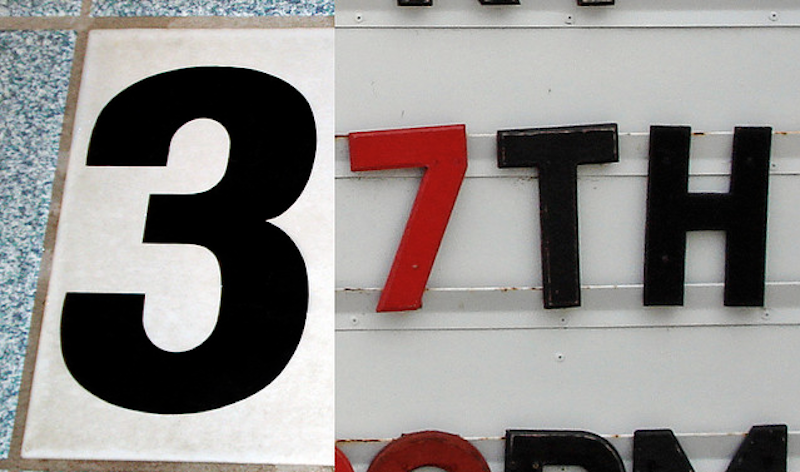The sad thing about aging is that there are so many ages that don't mean anything, in a larger sense. For example, there is nothing special about being 37, the age I turned last week. There was no sense of crossing a threshold or passing through a moment of clarity. Sure, Mom bought me a Bose radio/CD player; Dad re-upped my New Yorker subscriptions. My son and soon-to-be-ex-wife took me to dinner at Red Robin one night; the next, my visiting mother took me to dinner at Siam, then we caught The Dallas Buyers' Club, and the next, she made me a home-cooked meal. There was the standard Facebook palm-slap marathon, with the usual suspects sitting out the ritual. But no pub crawl, no cards in the mail, no surprise party, no epiphanies. One day, I was 36, middle-aged, despondent, and disconnected. The next day, I was 37, middle-aged, despondent, and disconnected.
To be honest, I've never been a completely happy or secure person. Self-doubt and uncertainty sometimes strike in crippling waves that leave me questioning my worth as a writer, as a friend, as an employee, even as a person. Sometimes I've been able to use this existential torpor to my advantage—it's fueled some amazing poetry, for example—but a consistent sense of confidence would be preferable. But I'm starting to think that I know what age 37 is really about. It's not about being over the hill, or too old to get it up, or corporate roadkill, or hopelessly irredeemable, or boring; it's not even about the world ending. No, age 37 is all about fear—a fear borne of the realization that nothing about the illusion of life as anyone understands it is sustainable or perfect or even real. The landscape is so full of wreckage: peers losing their parents, navigating crumbling marriages, crises social and otherwise.
There is suddenly the impulse to help, to offer counsel, to fund dreams where you can, to reach out if you're able—a byproduct of the creeping realization that the void could snatch anyone at any moment. To make some mark on the human race in whatever way possible, to impact the world in a positive and meaningful way. You start to think a great deal about time and how you're spending or wasting it—and on those occasions when, no doubt about it, you're totally wasting time, the resulting self-recrimination is so intense that it manifests itself as a double Quaalude-strength lethargy that's wearing. You look in the mirror and see a moderately normal, well-adjusted person smiling absently back at you, and wish you had that person's swagger. Some days, and some hours, you really do possess it—that clarity of purpose and desire writhes in your hands like a panicked viper, and you strike while the iron's hot without letting fear get in your way. The problem, at 37, lies in finding a way to enter that zone and believe it's where you deserve to stay.

